Please continue with the aar. I was enjoying this.
glad you are enjoying it
... hopefully a couple of posts over the weekend, but I do have 'Harry' to look after as well
Please continue with the aar. I was enjoying this.

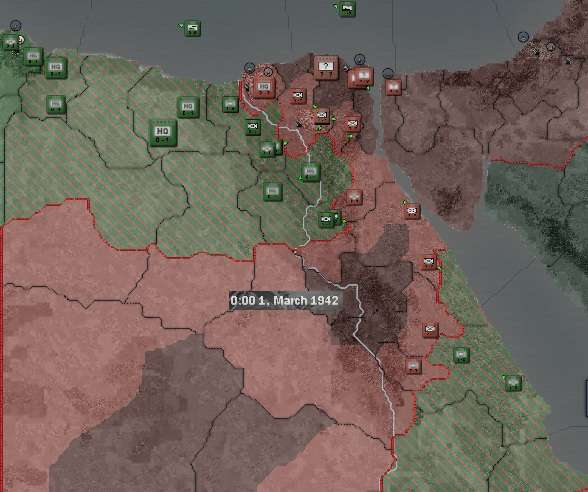



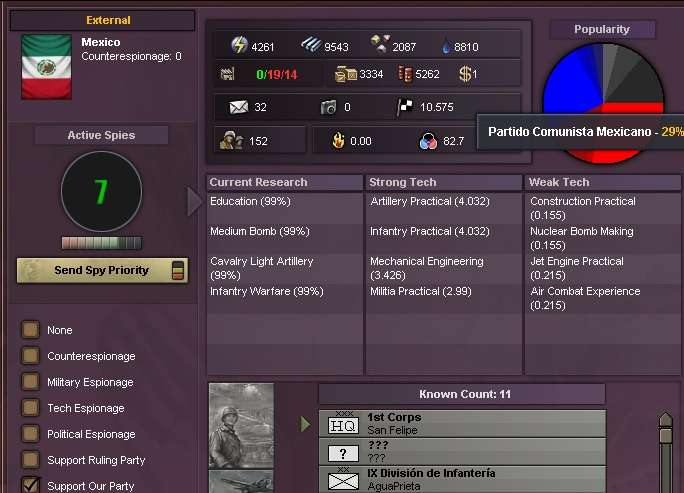
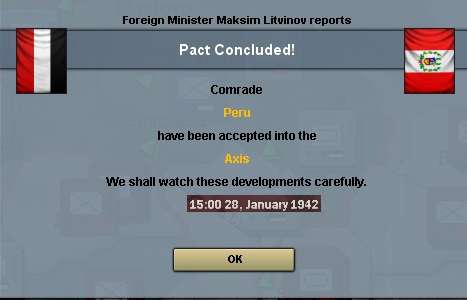

Aren't the choice bits of Karelia in German hands by now? Makes it hard to bargain away...Maybe you must pay Finland to keep it neutral?
Like give them Karelia?
The war expands... I'm glad you are getting in some good tactical deceptions. This is proving to be a very interesting game indeed.
Maybe you must pay Finland to keep it neutral?
Like give them Karelia?
Aren't the choice bits of Karelia in German hands by now? Makes it hard to bargain away...
loki, didn't even consider your explanation for the bridge builders. Ah well, topic closed for obvious reasons.
I keep forgetting that Britain's been utterly mauled. When/if you succeed in besting the Hun, Europe will truly be your oyster...
PS: I was going to make a puerile comment of you climbing on top of assorted geriatric communist leaders (hur hur), but seeing as I'm all mature, I won't. Instead, I wonder: do those mountains still have their Marxist names?
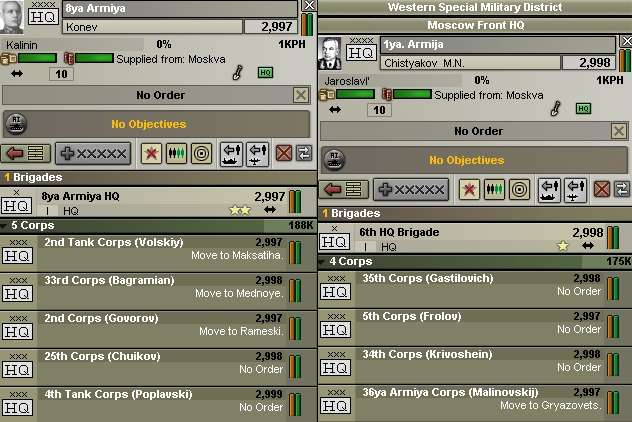
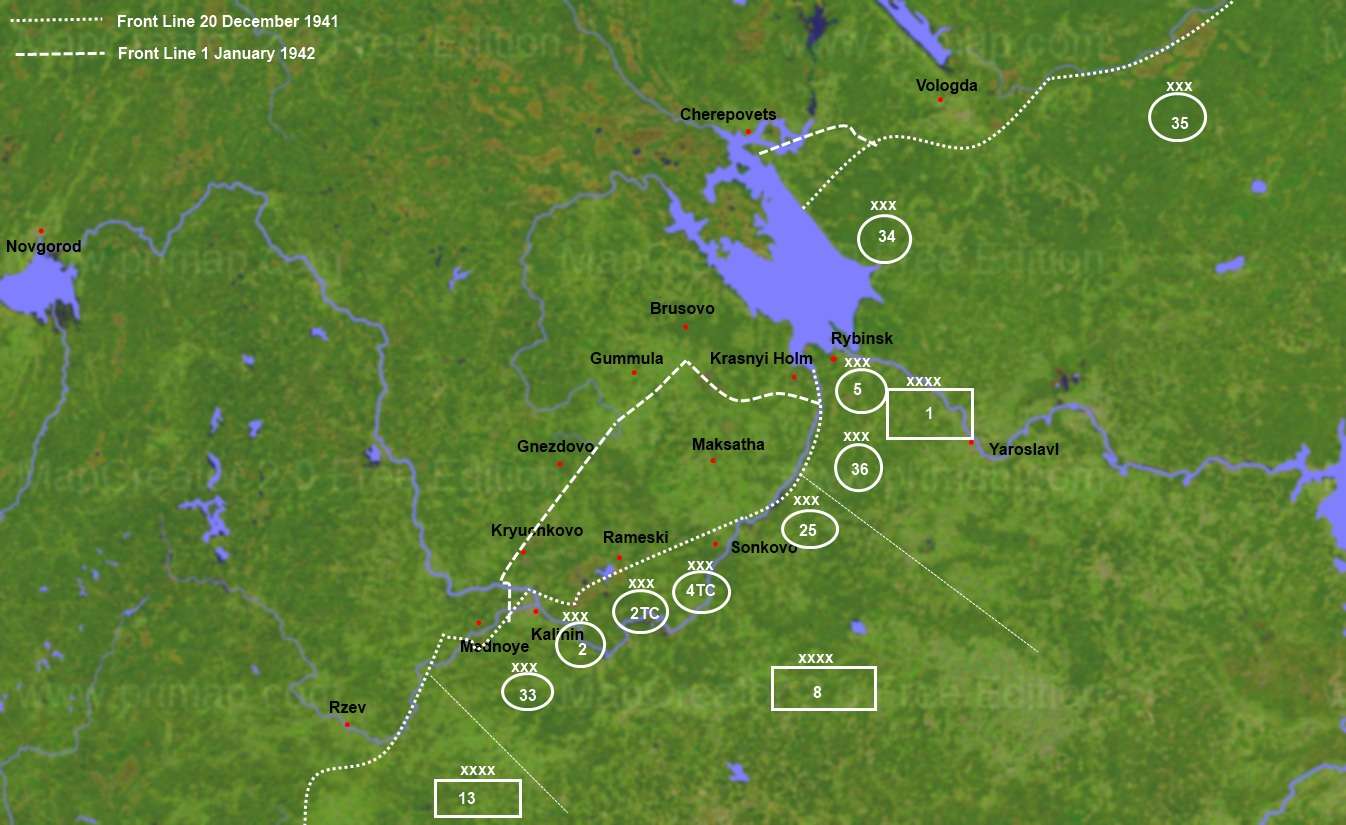
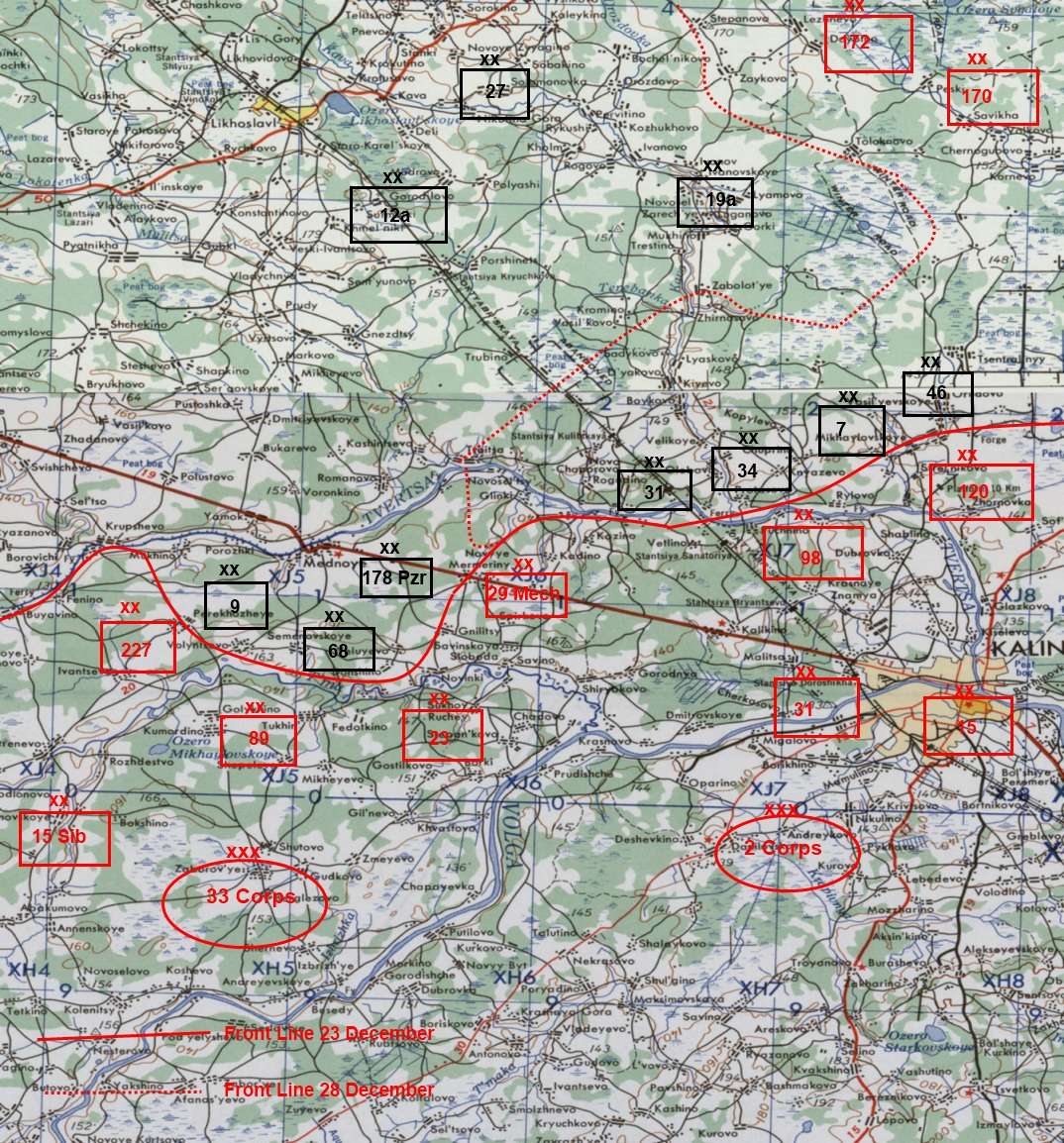
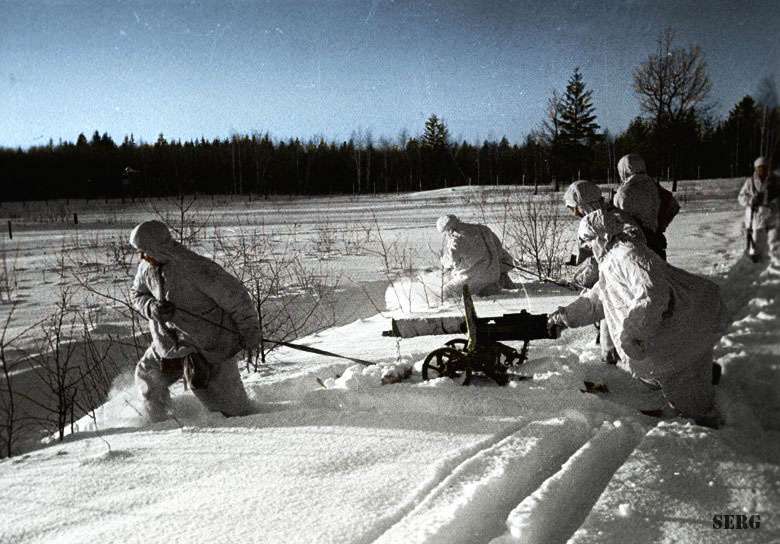
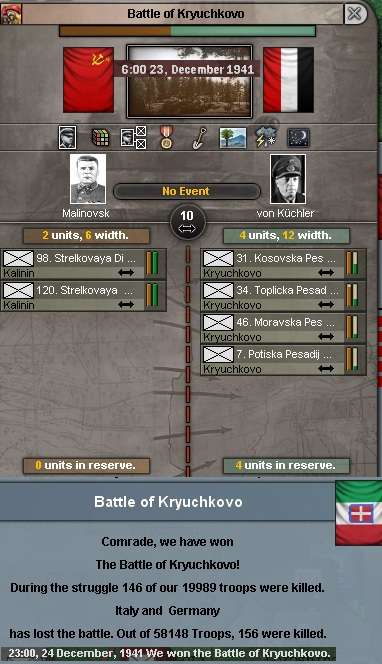
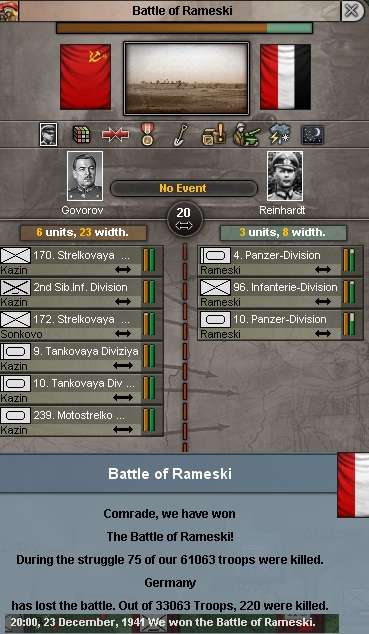



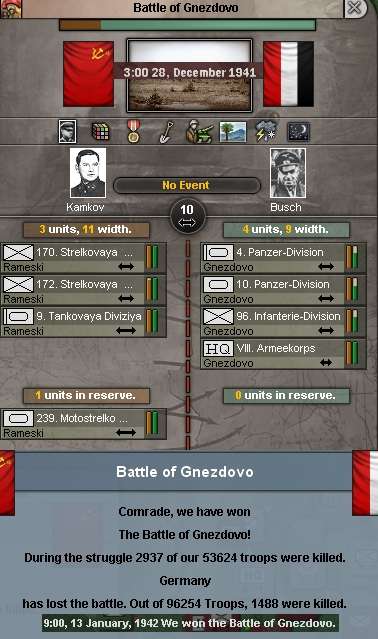

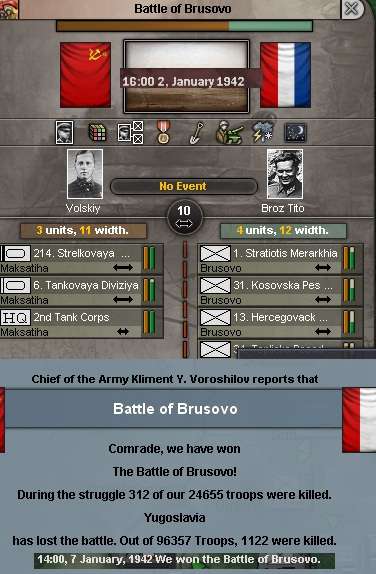
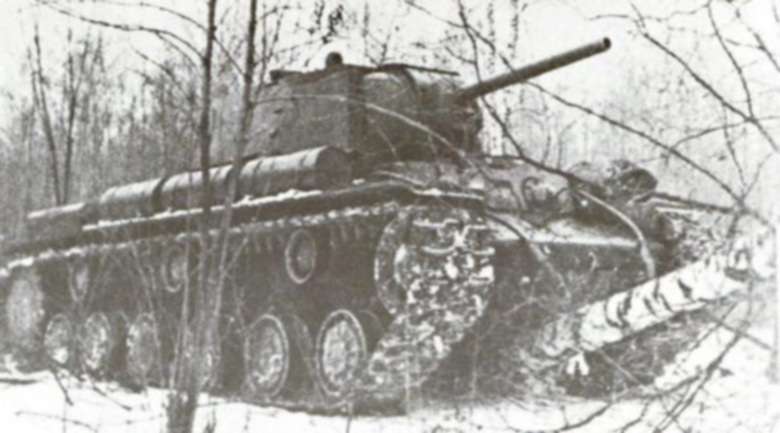

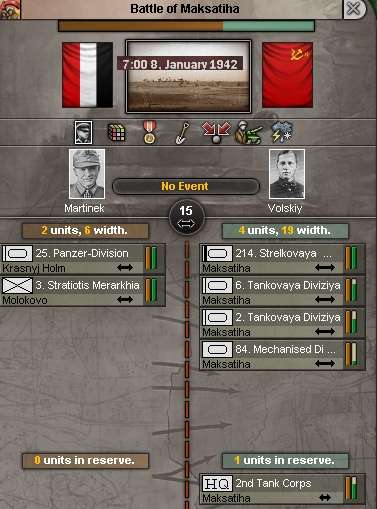
The expansion of the Axis is a bit worrying. Far more worrying however, is that it seems as if it will be quite some time before America will join in the war against the Axis. Japan's mobilization of her forces is also cause for concern. Well, it is cause for concern for you, good reading for me!
Some real advance!
Did the German AI panic enough?
Too bad the offensive lost steam with only a small gain. Nothing as spectacular as the real 1941 events - but it does shadow the breaking of the armies in the winter of '42-'43 with the performance of the Italian and Yugoslavian formations.
You confused me with that SU-76 picture at first. It is one of those rare conversions based on a Pz.Kpw. III or IV chasis, which they sometimes call SU-76i or SU-76g.
Interesting stuff, the first few battle results made the Soviet attack seem very promising, unfortunate then that the Axis managed to finally bring the advance to a halt. Still, some ground has been gained which has hopefully lessened the pressure on other areas. Do you plan on continuing this offensive? Or are the Axis forces now too numerous?
Looks like you mauled a bunch of Greek divisions, in addition to the pain inflicted on the Yugoslavs and the Germans themselves.
Successful offensive, even if the end result was less than hoped for. As you said yourself, you managed to push through the first German counterattack, clearly a good sign. Plus, I doubt that the Germans will be able to soon push you out of your gains, a la Kharkov.
I'm sure that the true Man of Steel would've been happy to see his real-life view of Tito as a traitor to the Communist cause mirrored in HOI3.
What is happening with the Persians and your oilfields?
There are dynamics in this game to confirm all the prejudices of Stalin in the post-war era. Tito unmasked as a leader of fascist Yugoslav forces trying to capture Moscow and Mao is playing footsie with the axis over in China (but is too cowardly to actually be prepared to join).
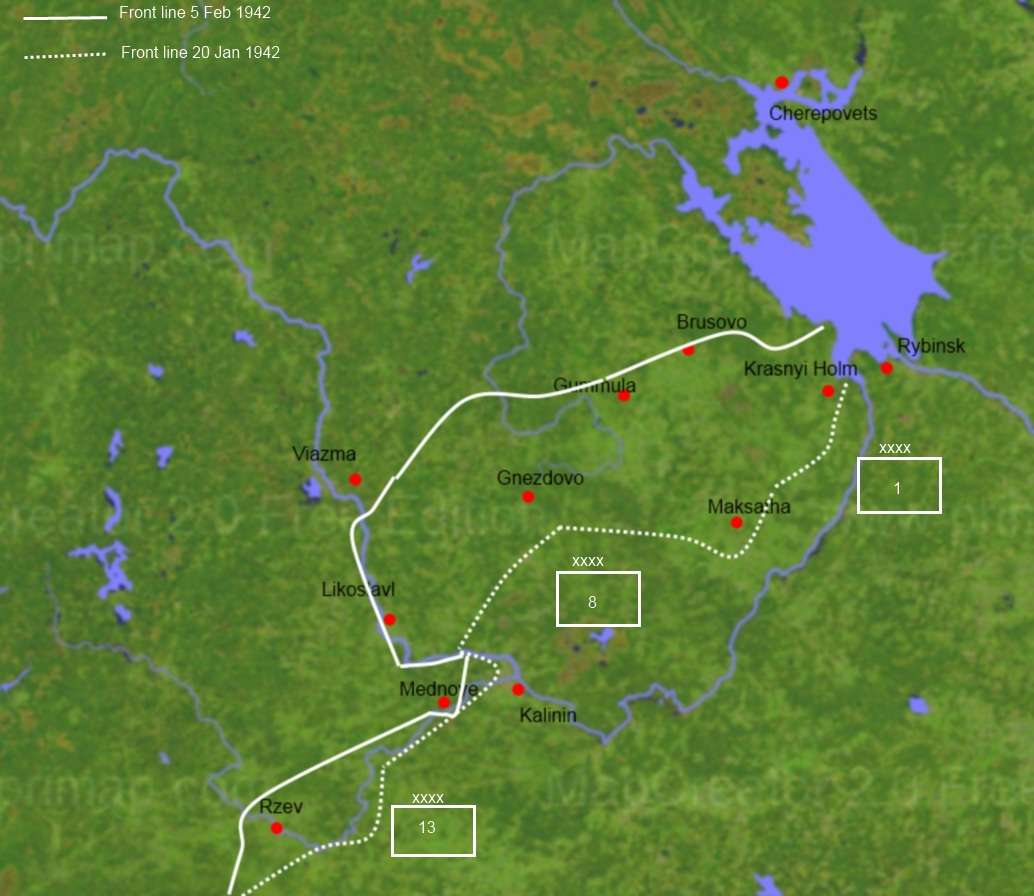

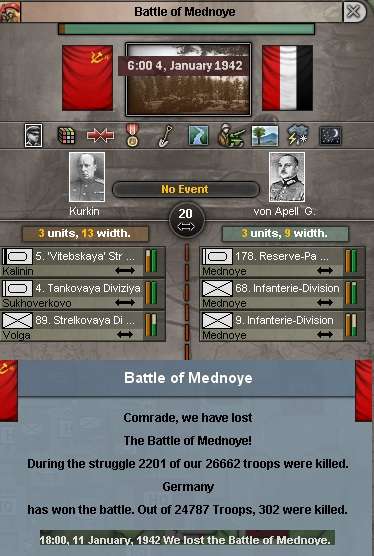
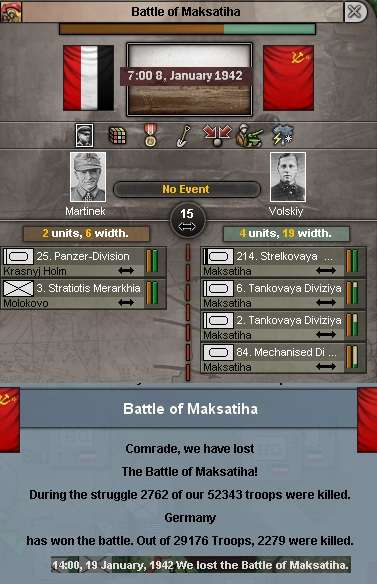
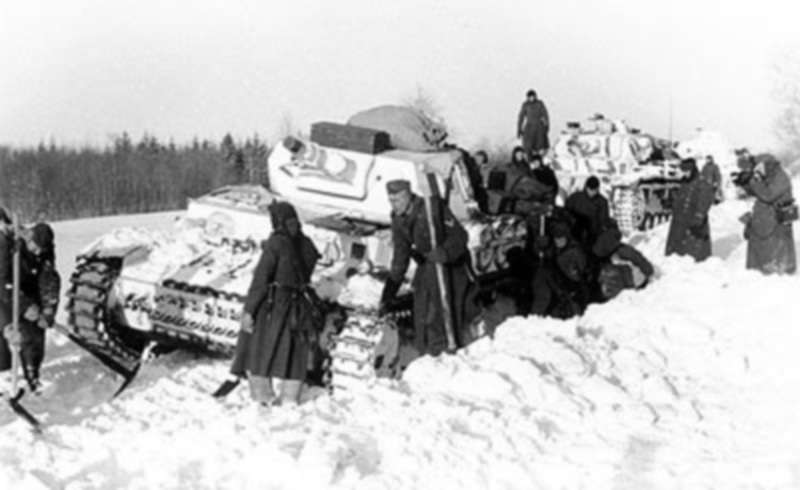
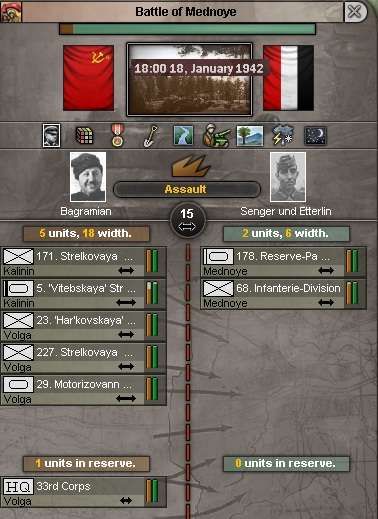
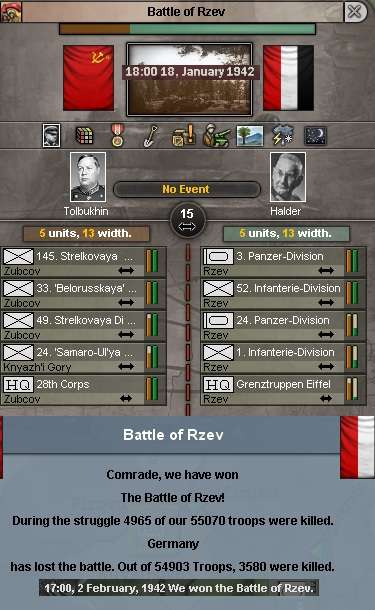
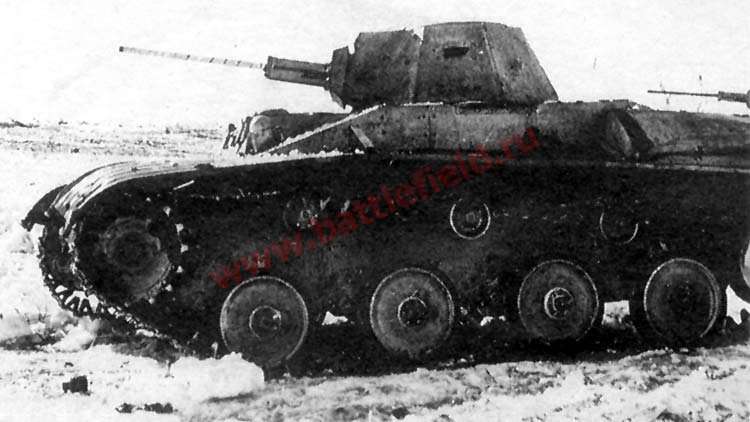
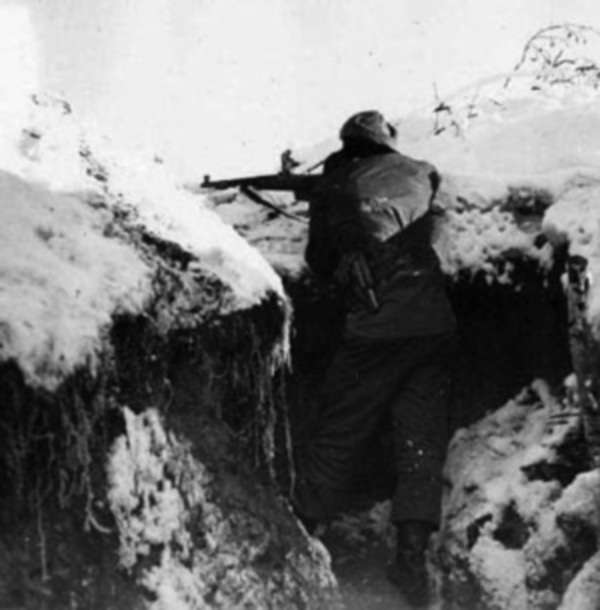
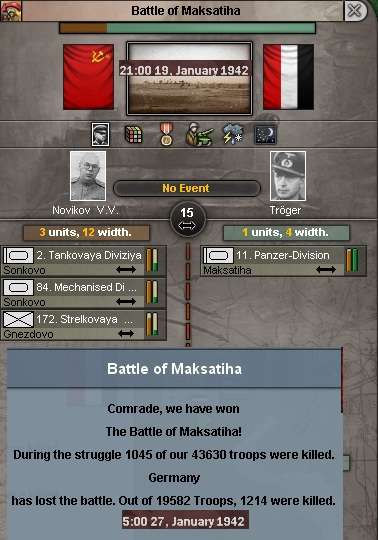
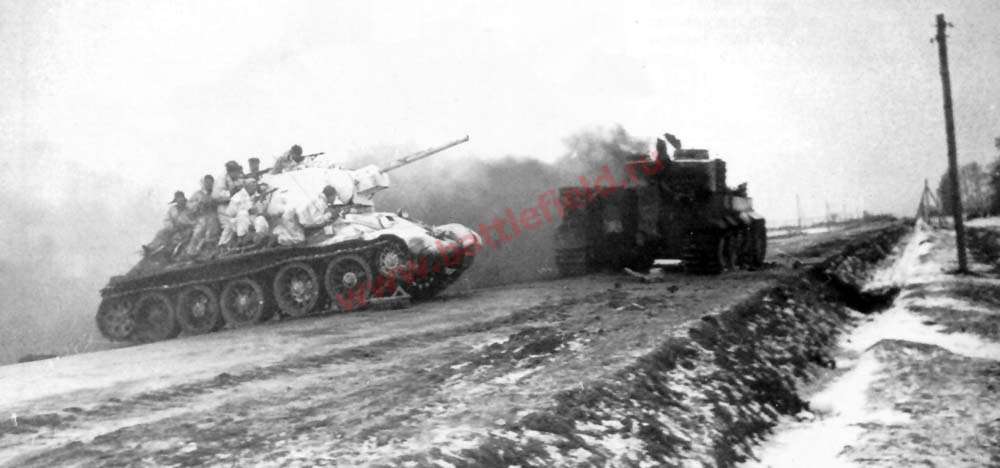

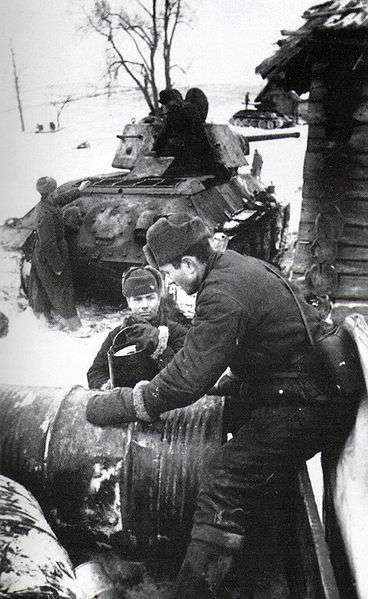
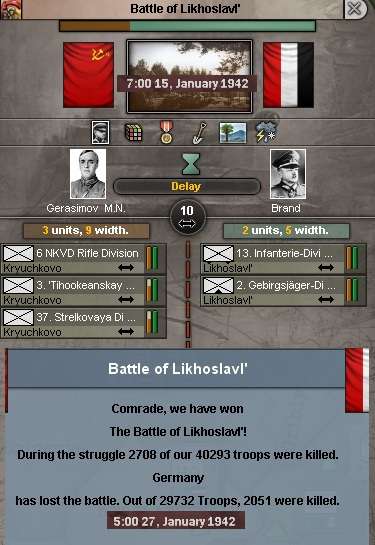
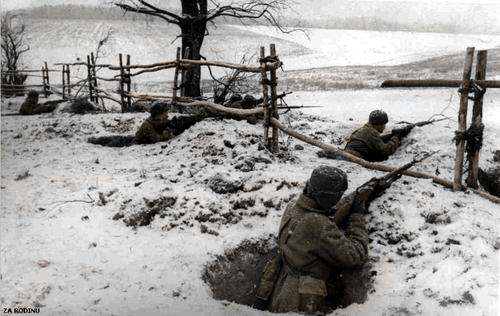
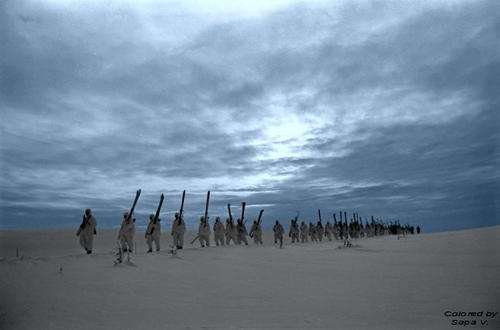
Tito shouldn't be in charge of Yugoslavia at this point, the boss should still be the Serbian king?
